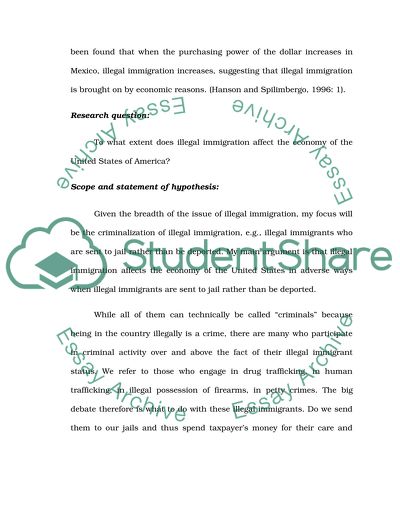Cite this document
(“Illegal Immigration's Destructive Impact on the Economy of the United Research Paper”, n.d.)
Retrieved from https://studentshare.org/history/1396524-illegal-immigration-s-destructive-impact-on-the
Retrieved from https://studentshare.org/history/1396524-illegal-immigration-s-destructive-impact-on-the
(Illegal Immigration'S Destructive Impact on the Economy of the United Research Paper)
https://studentshare.org/history/1396524-illegal-immigration-s-destructive-impact-on-the.
https://studentshare.org/history/1396524-illegal-immigration-s-destructive-impact-on-the.
“Illegal Immigration'S Destructive Impact on the Economy of the United Research Paper”, n.d. https://studentshare.org/history/1396524-illegal-immigration-s-destructive-impact-on-the.


